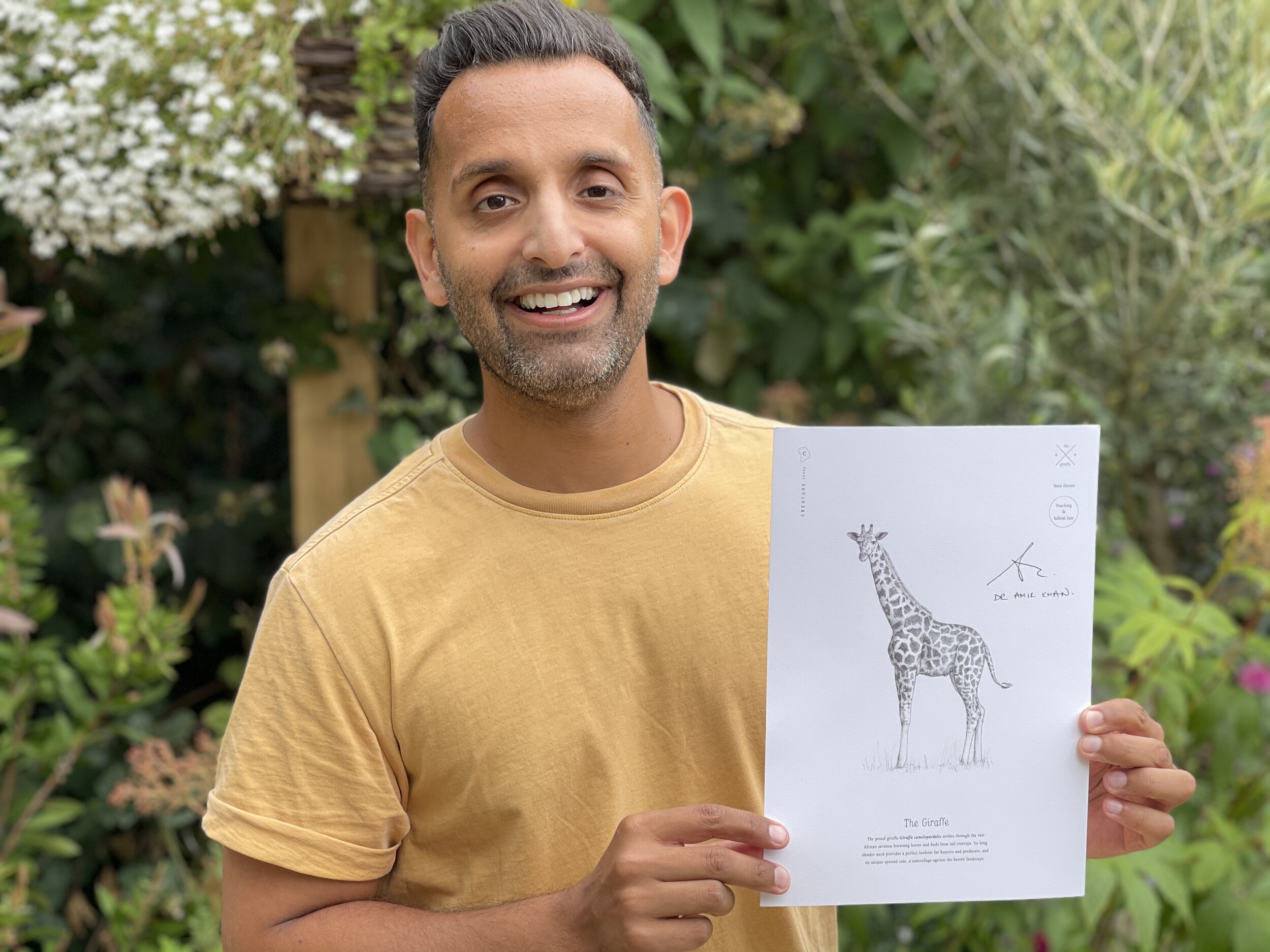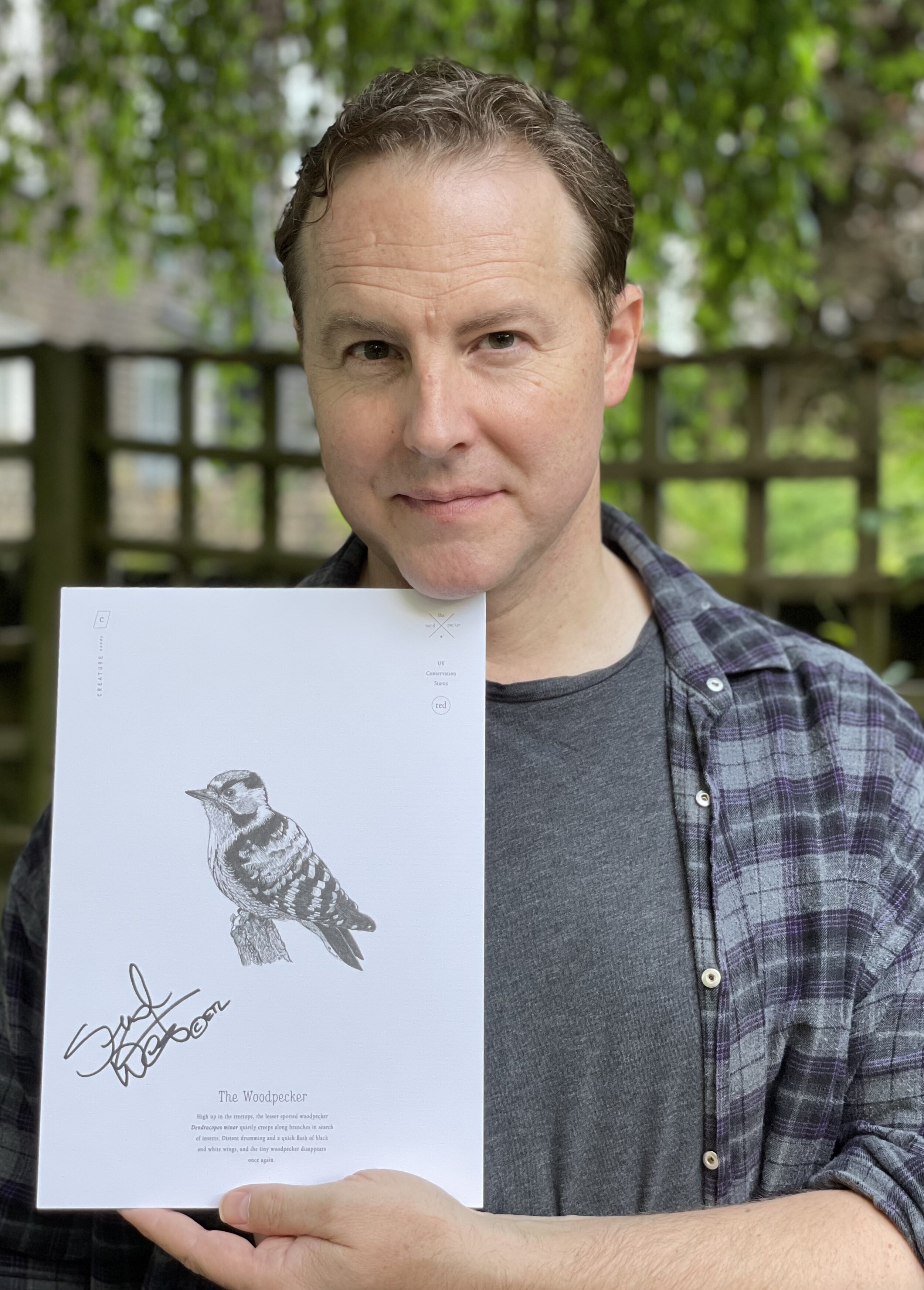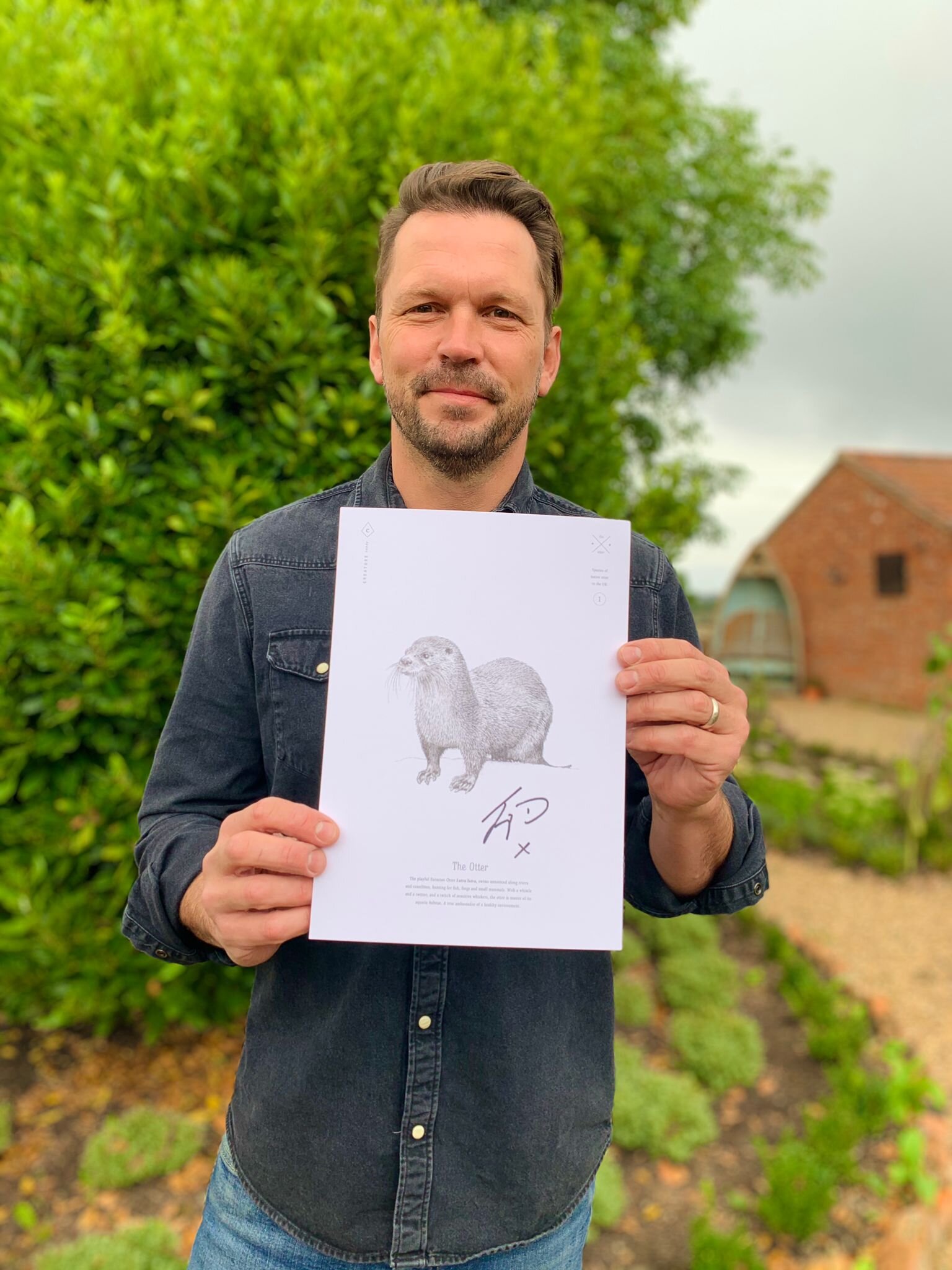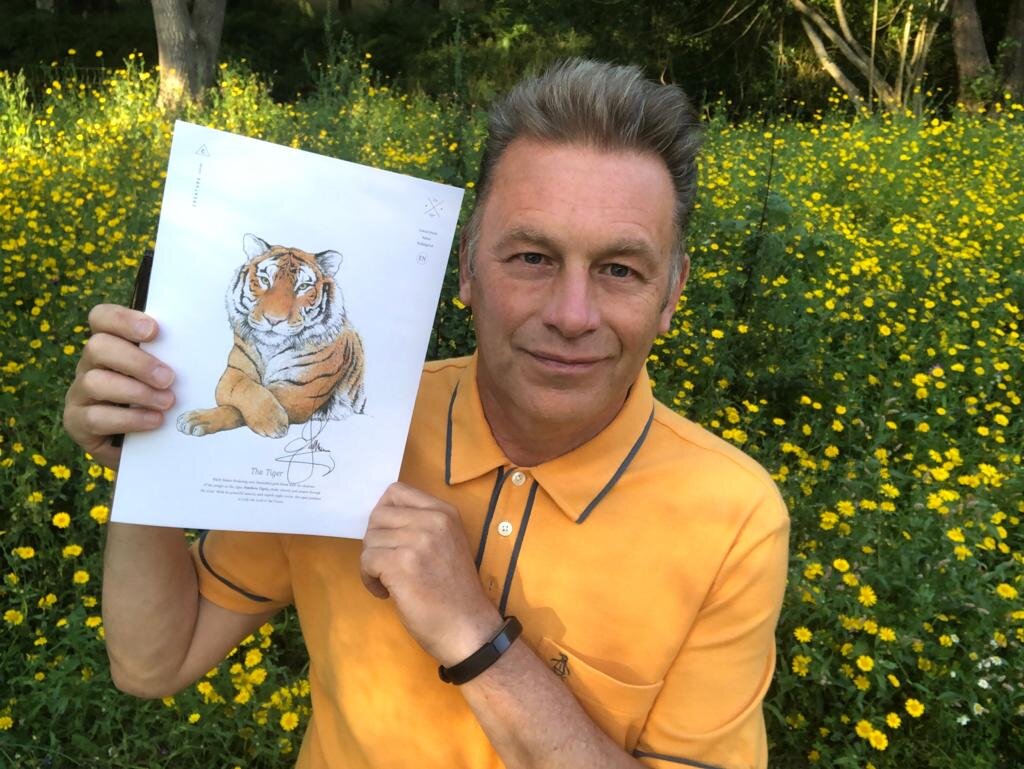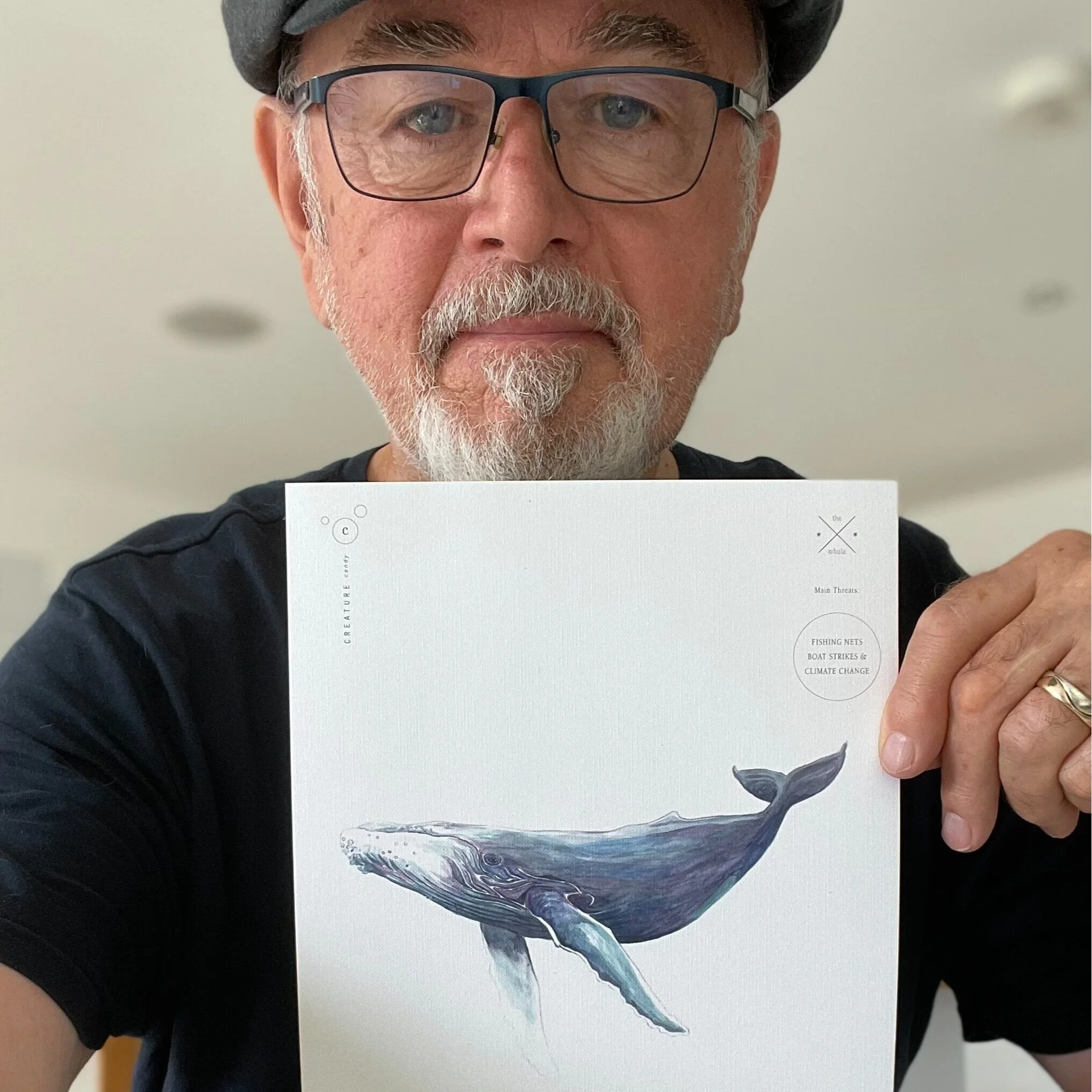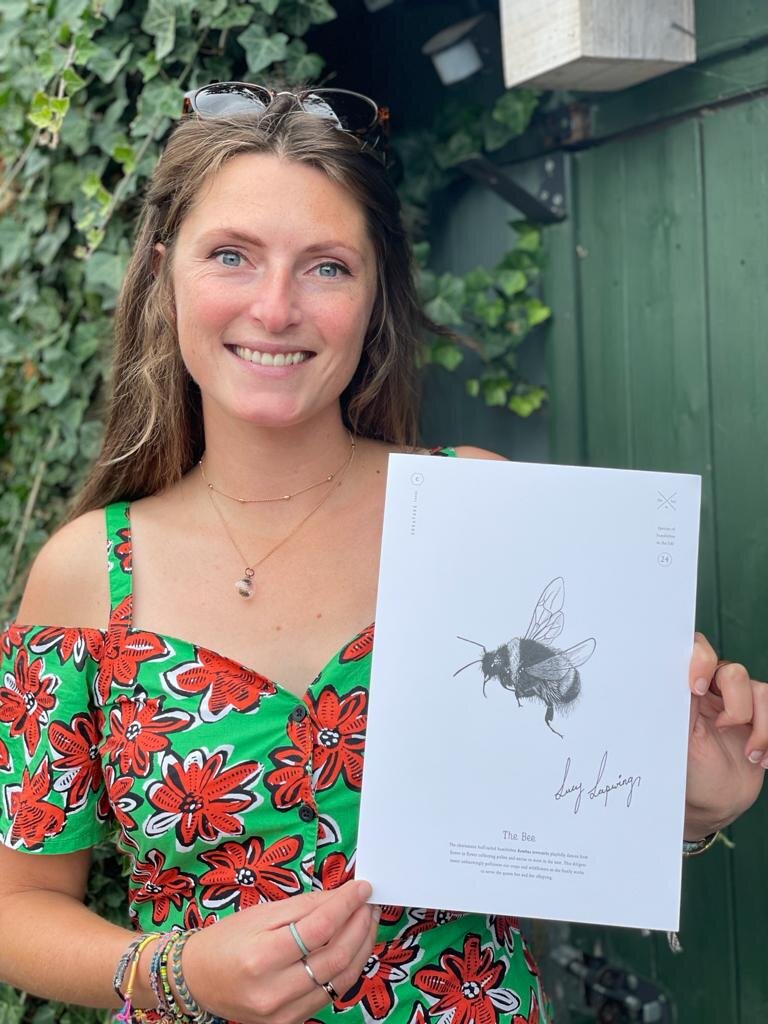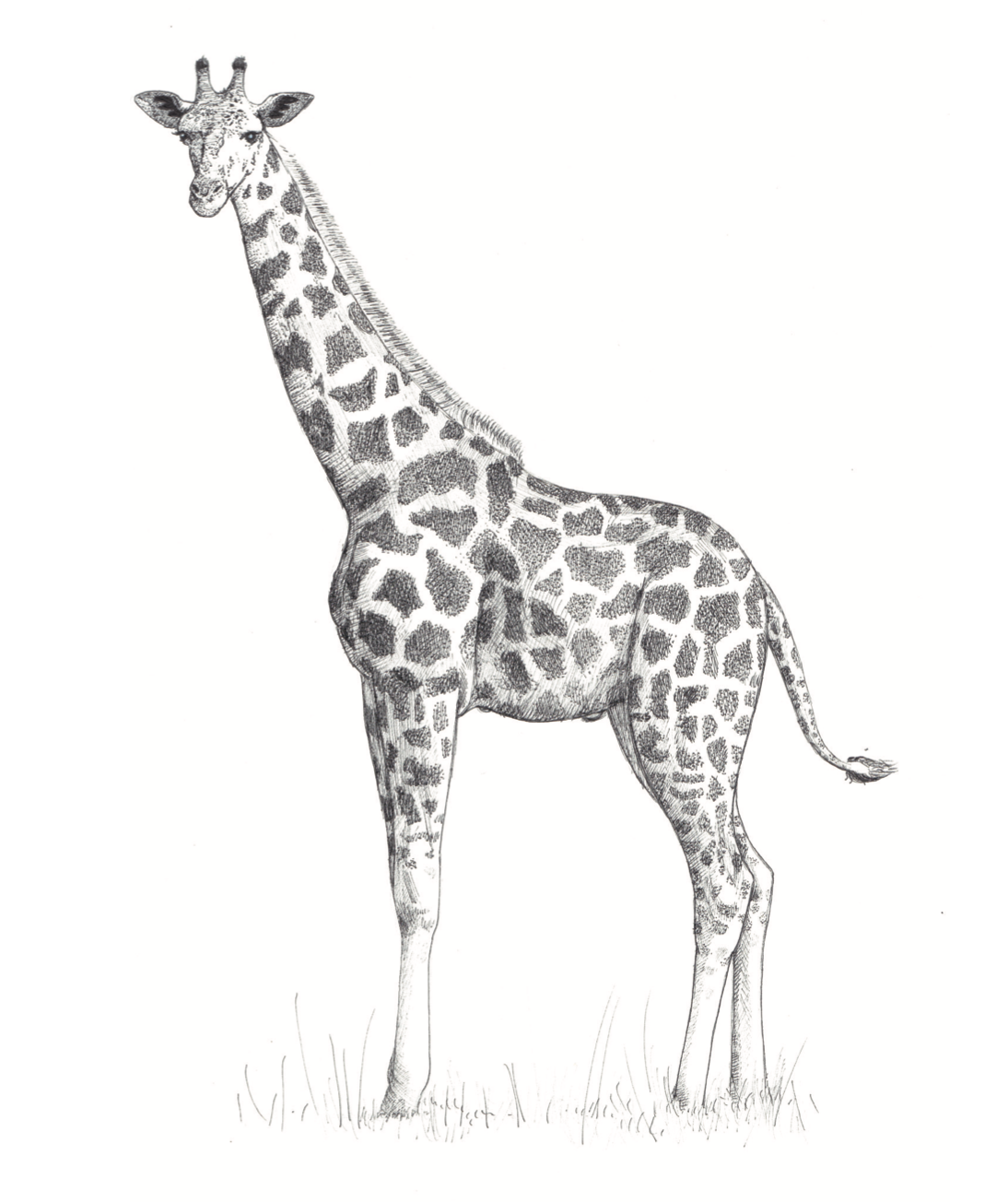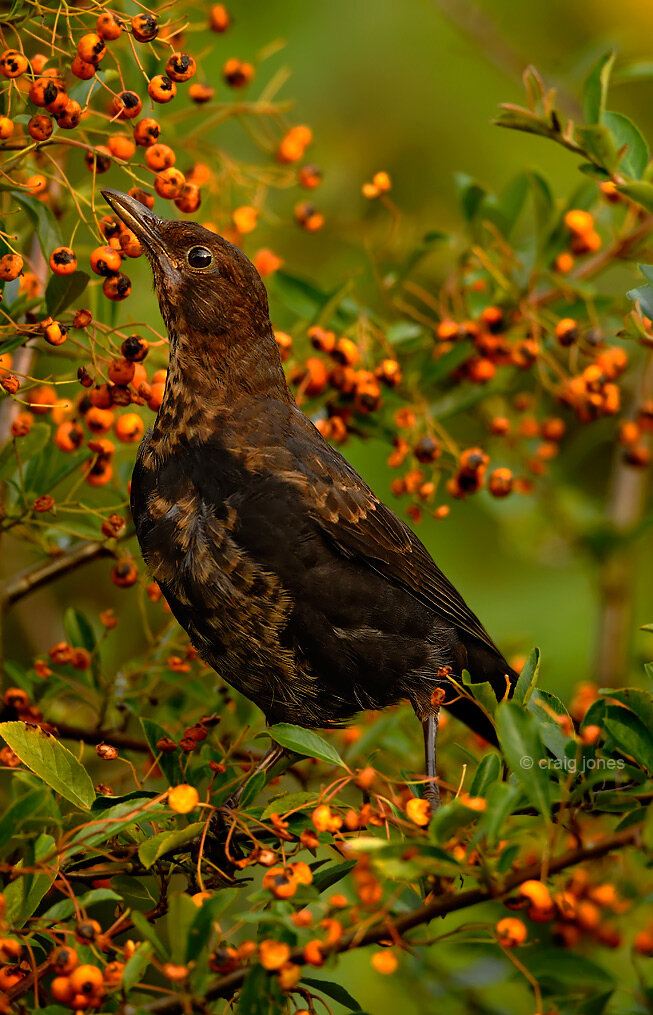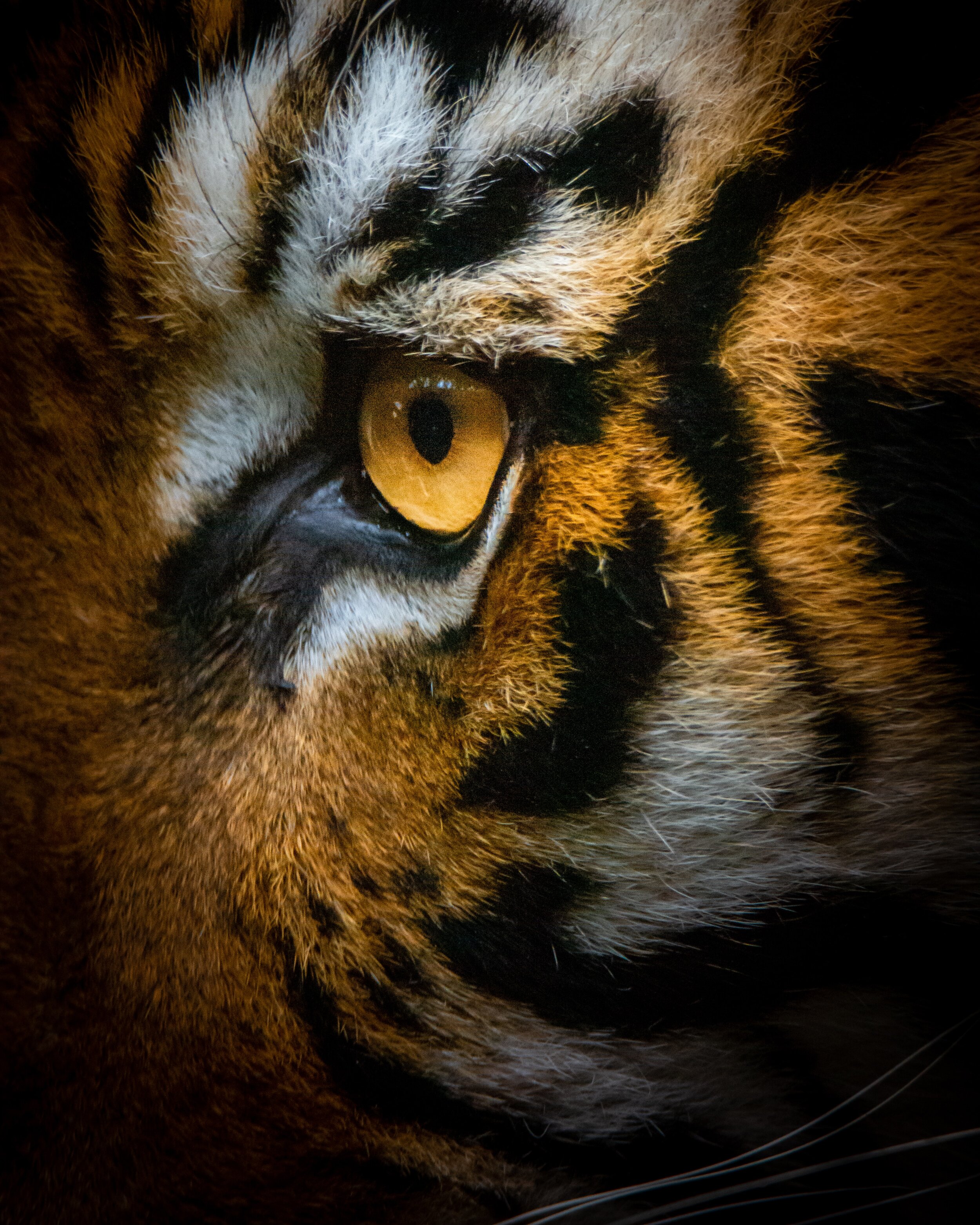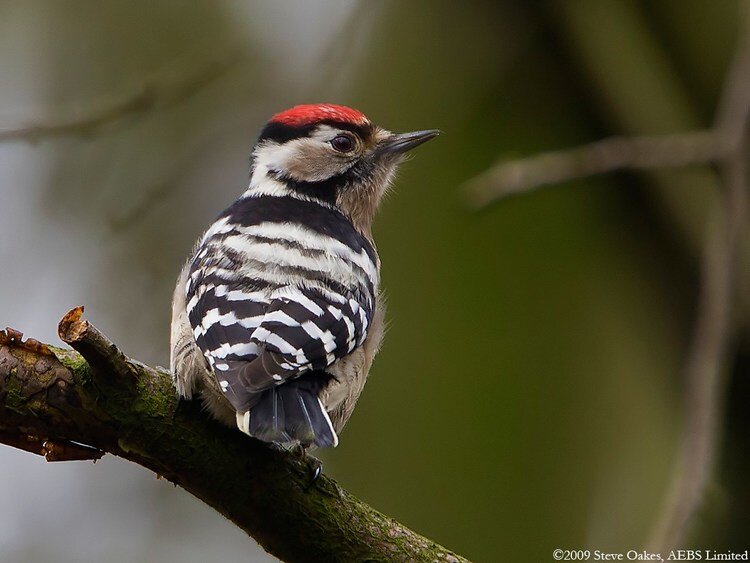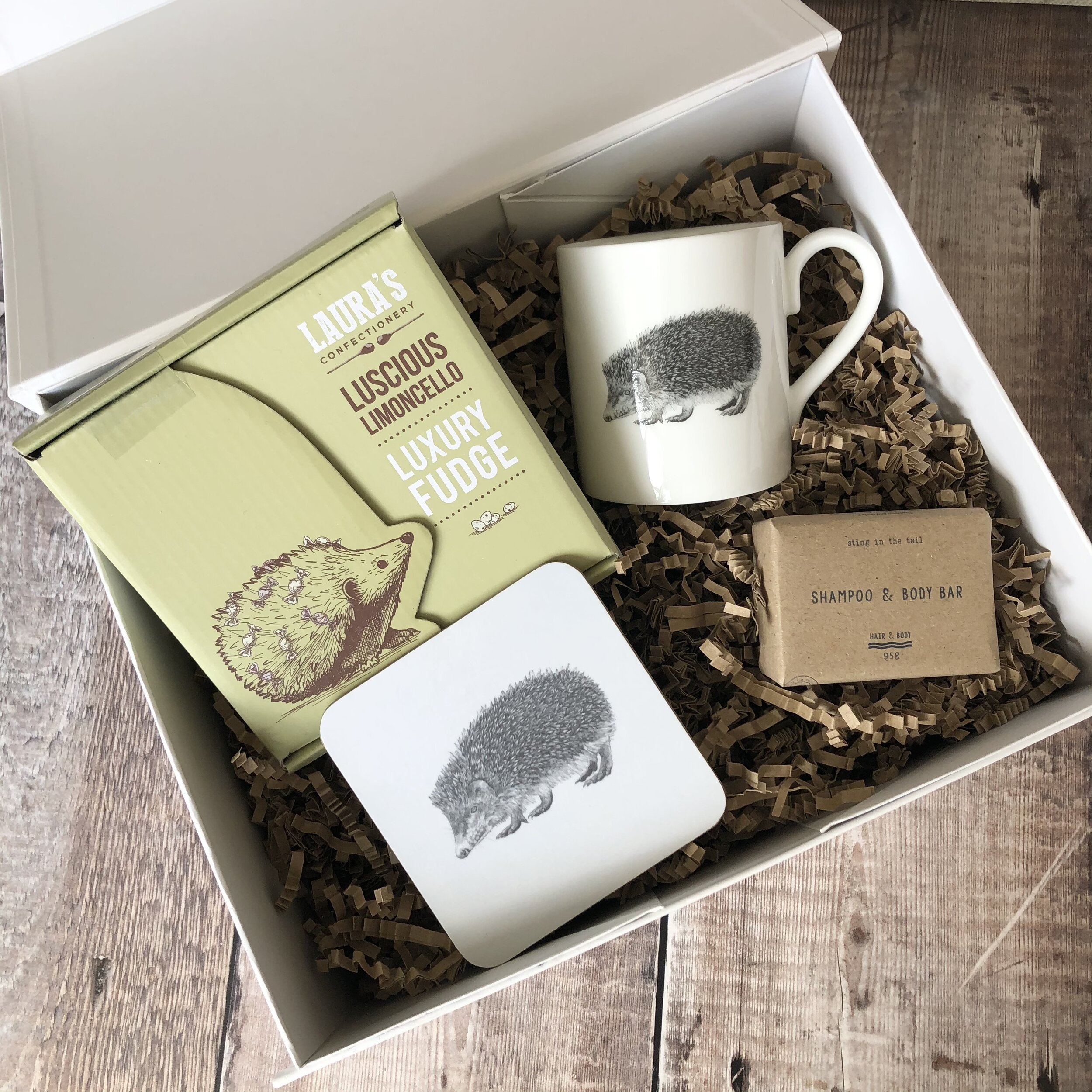Author: David Field, CEO at Royal Zoological Society of Scotland
The Royal Zoological Society of Scotland (RZSS) has been working to promote awareness and conservation of rare and endangered animals for over 100 years. While people have often heard of the animals at our zoos, Edinburgh Zoo and Highland Wildlife Park, many may not know about the cutting-edge science and research we lead which helps protect wildlife and wild places all around the world.
Tucked away behind the rhino house at Edinburgh Zoo is a high-tech laboratory. RZSS WildGenes is the only zoo-based conservation genetics lab in the UK and the team work on conservation genetics projects for a huge range of threatened species, from wildcats and capercaillie to crocodiles and antelope. Since its creation in 2010, RZSS WildGenes has made cutting edge genetic research more accessible to conservation practitioners in the UK and around the world. Its unique placement within a zoo provides access to otherwise often difficult to find genetic samples.
Giraffes
Numbers of giraffes in the wild have declined by almost 30% since the 1980s. They face numerous threats in the wild including habitat loss, poaching, disease, war and civil unrest throughout Africa.
As well as caring for our brand new bachelor herd of Nubian giraffes at Edinburgh Zoo, our partnership with Giraffe Conservation Foundation (GCF) directly contributes to the restoration of giraffe in Uganda.
We’re supporting staff training initiatives, conservation monitoring efforts, and the RZSS WildGenes lab is helping GCF understand the success of their reintroduction programmes across the country, by assessing the genetic diversity within translocated herds.
Asian Elephants
The RZSS WildGenes team use genetic data to support the tackling of wildlife crime. Our team worked with Fauna & Flora International (FFI) and the Royal University of Phnom Penh (RUPP) to develop the first conservation genetics laboratory in Cambodia, to help monitor dwindling elephant populations and determine the origin of ivory finding its way to the marketplace.
It is estimated that globally over 20,000 elephants are killed every year for their ivory and it appears there are increasing amounts of ivory for sale within Cambodia. However, there seems to be no evidence of poaching in Cambodia’s own wild elephant populations.
Understanding where the ivory is coming from is vital for enforcement agencies looking to block illegal trade routes. If we can use genetics to identify where elephants are being killed for their ivory, measures can be taken to protect those most at risk of persecution.
The lab team are working with partners in Cambodia to support and train staff, which will enable them to carry out more of this vital work.
Northern rockhopper penguins
Photo: Arjan Haverkamp
Sadly, it is estimated the number of Northern rockhopper penguins in the wild has decreased by 57% in the last 30 years. In addition to caring for these charismatic ambassadors for their species at Edinburgh Zoo, our charity has a vital role to play in protecting the remaining wild population.
Alongside partners we recently published a 10-year action plan, with the goal to coordinate research and conservation action throughout the entire range of the Northern rockhopper penguin. This was an outcome of our long history working with the species during Project Pinnamin.
As a result of this action plan, the RZSS WildGenes team joined a multi-institutional and interdisciplinary collaboration with the aim to better understand the species’ movements between different colonies.
With their breeding sites distributed so widely across the Atlantic and Indian Oceans, the isolation of these islands could have a huge effect on the potential connectivity between the breeding colonies.
Following penguin movements between oceans could be done using GPS tags, but this would require attaching tags to thousands of individuals in order to get robust data. This would be extremely costly and also very invasive for the populations.
Instead, the WildGenes team have been able to use genetic tools to investigate the potential of migratory routes that may show these small penguins are travelling thousands of kilometers across the southern oceans.
By increasing the knowledge about the migration of the northern rockhopper penguin, we hope to inform future global conservation actions.
We are so grateful Creature Candy is kindly donating 10% of proceeds from select prints in their Big Fundraiser for Wildlife to our wildlife conservation charity to help feed and care for our amazing animals and protect threatened species around the world.
Keen to find out more about our charity’s genetics lab? You can learn lots about what our RZSS WildGenes experts are working on at rzss.org.uk/wildgenes.
Check out Creature Candy’s Big Fundraiser for Wildlife!
50% of the sale price of the prints below is donated to the Royal Zoological Society of Scotland.
View the full campaign information here.
We raise funds for the Royal Zoological Society of Scotland with our elephant, giraffe, arctic fox and rockhopper penguin ranges.
Find out more about them below. Rockhopper penguin coming soon.







